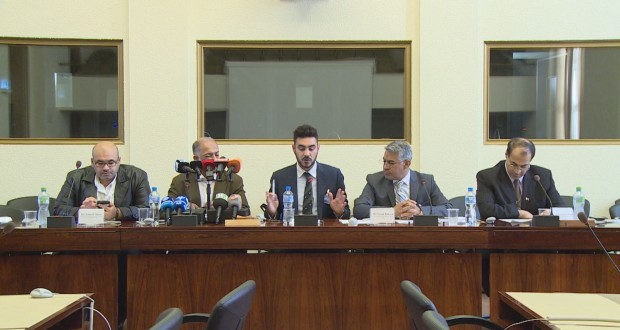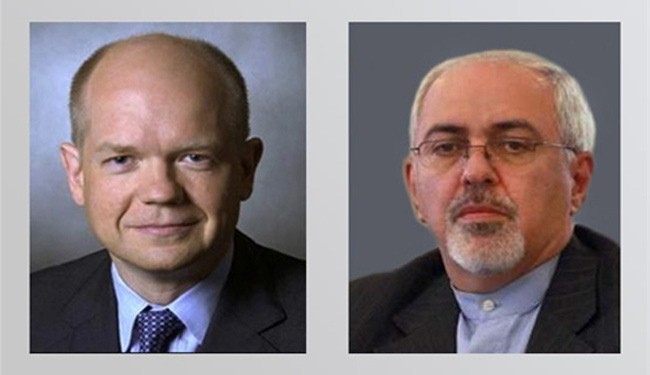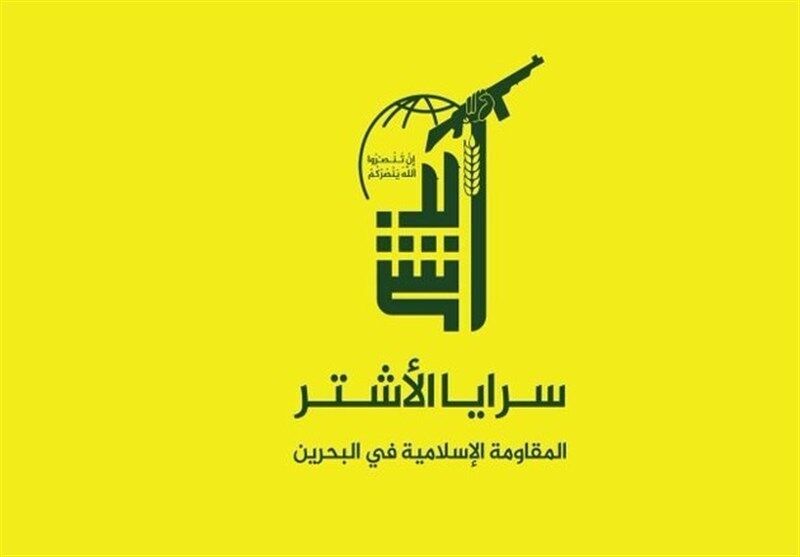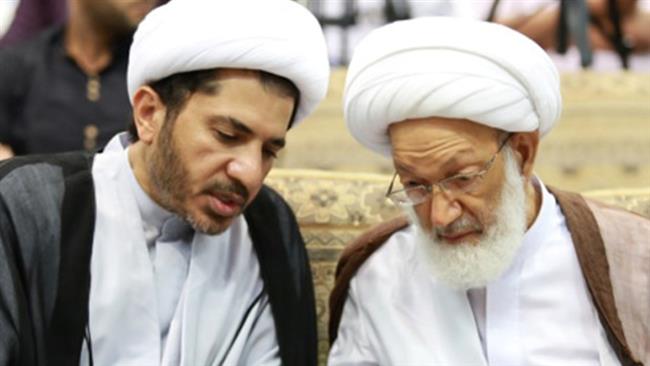Sayed Hadi Almousawi, Head of Al Wefaq Human Rights and Liberties Department, has called on the new UN High Commissioner for Human Rights to take action concerning the situation in Bahrain. Speaking during a side event hosted by the Bahrain Human Rights Observatory (BHRO) and the Khiam Centre for Rehabilitation on the sidelines of the 27th session of the Human Rights Council, Almousawi said, “We hope that the new High Commissioner will follow the great work of his predecessor Ms. Navi Pillay, who made great efforts on the Bahrain file.”
Prince Zeid Ra’ad Zeid Al-Hussein, originally from Jordan, has taken over the top UN Human Rights role, becoming the first Arab to do so. Although Prince Zeid did not mention Bahrain specifically during his opening speech, Almousawi stated that the High Commissioner “certainly condemned the sorts of abuses committed by Bahrain.”
In addition to his call to the new High Commissioner, Almousawi described the lack of implementation of either the BICI or the UPR recommendations. Although it is two years since Bahrain promised to implement 145 of the 176 recommendations, Almousawi said, “Bahrain has not yet been able to show the international community that it has implemented anything of these recommendations.”
The side event was attended by members of various international missions, including Denmark and Ireland, as well as the Head of the Middle East Division at the Office of the High Commissioner for Human Rights (OHCHR), in addition to a number of NGO representatives. Also addressing the audience was Mr. Yousif Rabea, President of the Bahrain Forum for Human Rights, Mr. Mohamed Altajer, human rights lawyer and coordinator of the BHRO and Mr. Ahmed Omar President of the International Centre Supporting Rights and Freedom (I
Rabea told the audience, “The Bahrain Authority is delaying the pending visit of Mr. Juan Mendez, UN Special Rapporteur on Torture, in attempt to hide the atrocious human rights violations and escape international monitoring.” He also called for a permanent mission of the OHCHR to be allowed into Bahrain, in order to place Bahrain under international observance to stop torture and the other regular human rights abuses that are committed.
He also called on Bahrain to come under item 10 of Chapter 4 of the UN Charter that would allow Bahrain to be discussed at the UN Security Council. Rabea argued that this would give the Bahraini situation the prominence it requires.
Following on from Yousuf Rabea, Mohamed Altajer presented his position on the current situation in Bahrain. He focused primarily on the sectarian practices of the Bahraini authorities, and particularly the use of political naturalisation.
He informed that Bahrain has been developing a plan to naturalise foreign nationals for political reasons, in order to change the demographic nature of the country and create a larger number of loyal citizens. He said, “Since 2001 Bahrain has granted citizenship to more than one hundred thousand foreign nationals, of one sect, from a range of countries.”
Altajer counterpoised this with the stripping of citizens of Bahraini nationals, as punishment for their opposition views. In November 2012 31 Bahraini nationals had their citizenships revoked, all for their role in opposing the political establishment.
Ahmed Omar, President of the ICSRF presented his organisations latest report entitled, “The large number of victims shows the fragility of the human rights situation in Bahrain”. He described that from their monitoring at least 5 abuses that are prohibited by international law are still being carried out in Bahrain. He listed these crimes as arbitrary killings, arbitrary arrests, torture and ill treatment, excessive use of force and collective punishment.
All panellists highlighted that, although this is the half-way point of Bahrain’s universal periodic review cycle, violations are ongoing and any progress towards the recommendations has been purely cosmetic.
/129





